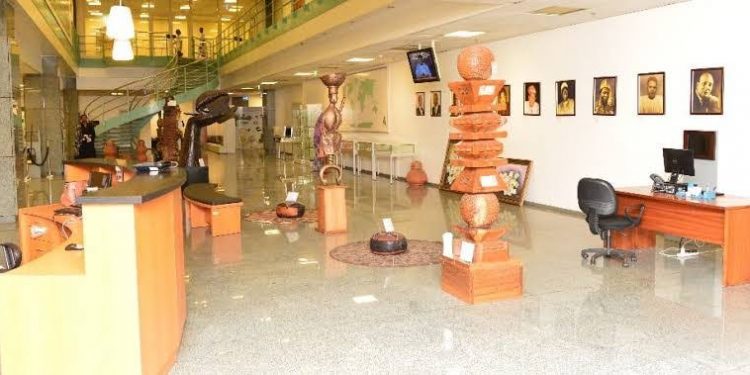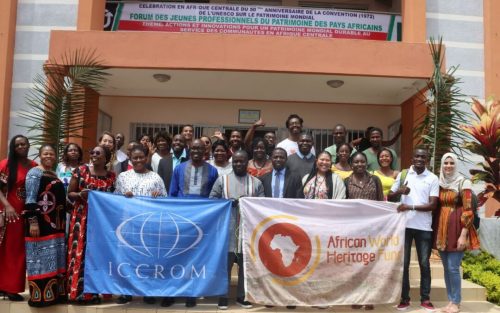The Central Bank of Nigeria (CBN) has announced plans to launch a Virtual Currency Museum Gallery in a bid to digitize access to Nigeria’s currency heritage and promote financial and cultural education across the country and beyond. The move is a key step toward preserving the nation’s monetary history while embracing modern technology.
The announcement was made in Abuja during the celebration of International Museums Day by the CBN Deputy Governor, Operations, who said the project is being developed in partnership with Google and the bank’s in-house Information Technology Department. The virtual museum will allow users from any location to explore artefacts, exhibits, and the evolution of Nigeria’s currency using virtual reality tools.
“Thanks to technology, the Central Bank of Nigeria Currency Museum is working with Google and our in-house IT team to establish a Virtual Reality Museum,” he said. “This will allow people to engage with our heritage from the comfort of their homes. It eliminates the need to physically visit our museum in Abuja.”
By transforming its museum into a digital experience, the CBN is opening new pathways for Nigerians and international audiences to access historical currency materials and gain insight into the country’s financial evolution. The museum will serve as an educational platform as well as a cultural archive, blending innovation with tradition.
Highlighting the storytelling role of art and history, the Deputy Governor emphasized that museum collections represent more than preserved objects—they reflect shared human experiences, cultural differences, and creative expression throughout time.
Also speaking at the event, the CBN’s Director of Currency Operations said museums are critical tools for connecting the past with the present. He noted that art and historical objects remind society of its origins, inspire thought, and provoke important conversations about identity and progress.
He explained that the virtual museum aligns with the CBN’s broader efforts to make financial and cultural education more inclusive, particularly in an increasingly digital society where young people rely heavily on online platforms for learning and engagement.
Adding to the conversation, the Director of Museums at the National Commission for Museums and Monuments stressed the enduring importance of physical museums but also recognized the growing relevance of digital spaces. He pointed out that Nigeria’s size, geographical diversity, and technological advancement make virtual museums an essential complement to physical exhibitions.
“Objects of historical value must be preserved scientifically and securely,” he said. “While physical museums remain vital, virtual museums serve as valuable extensions that expand reach and accessibility.”
The announcement came during International Museums Day, celebrated globally under the theme “Museums, Sustainability and Well-being.” This year’s theme highlights the role of museums in fostering cultural exchange, supporting peace and unity, and contributing to the development and well-being of society.
Through this initiative, the Central Bank of Nigeria not only affirms its commitment to innovation and education but also reinforces the significance of preserving cultural heritage in a form that is accessible to all—bridging the past with the future through technology.










